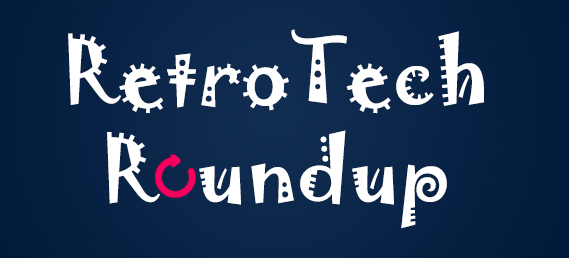Blockchain-enabled smart contracts can allow all parties in a transaction to validate outcomes and automatically execute contract terms without the need for a third-party intermediary.
As applications for blockchains expand, organizations are customizing and tailoring the technology to fit very particular uses.¹ For example, companies across industries are increasingly expressing interest in blockchain-based smart contracts—software that extends blockchains’ utility beyond simply keeping a record of transaction entries to automatically implementing terms of multiparty agreements. They can be executed by a computer network that uses consensus protocols to determine the sequence of actions resulting from the contract’s code.
Blockchain-based smart contracts could offer organizations a wide range of benefits. Particularly where frequent transactions require manual or repetitive tasks, the self-executing nature of smart contracts can increase speed, efficiency, and effectiveness. They can reduce errors and lower the risk of manipulation or nonperformance. In addition, they can decrease or eliminate reliance on intermediaries that provide trust services—such as escrow between counterparties—and lower the costs associated with those services. Finally, they have the potential to enable new business models that benefit from automatic, trustworthy transaction execution.
Many technology leaders have already recognized a role in their organizations for blockchain-based smart contracts (see Figure 1) and envision many applications for them. These include validating loan eligibility, executing transfer pricing agreements between subsidiaries,² and enabling peer-to-peer renewable energy trading or automated access to hotel rooms, rental vehicles, and storage units.³ In evaluating their own processes to determine where smart contracts may be applicable, some factors CIOs can evaluate include the role of complex and manual workflows, multiparty agreements, lack of trust between parties, and interdependent transactions.
Early Applications of Smart Contracts
Among the applications of smart contracts that seem likely to gain adoption relatively soon are trade clearing and settlement, and supply chain and trade finance documentation.
Trade clearing and settlement. These are often labor-intensive processes that include various approvals and complex internal and external reconciliations, or both. Independent processing by each counterparty can cause discrepancies that lead to costly resolutions and settlement delays.
The opportunity to streamline clearing and settlement processes with blockchain-based smart contracts may be immense. In 2015, the Depository Trust & Clearing Corporation (DTCC) processed more than $1.5 quadrillion worth of securities representing 345 million transactions. Santander Bank’s innovation fund, Santander Innoventures, expects blockchain technology to lead to $15 billion to $20 billion in annual savings in infrastructure costs by 2022. A range of startups have platforms or services targeting this space, with backers such as major venture funds, large banks, and other organizations including NASDAQ and the DTCC itself.⁴ In addition, more than 40 global banks within the R3 consortium participated in testing that included clearing and settlement activity; many of those banks have pursued further trials individually. The Australian Securities Exchange is working on a smart-contracts-based post-trade platform to replace its equity settlement system, and four global banks and the DTCC recently ran a successful trial of a smart-contracts solution for post-trade credit default swaps.
Supply chain and trade finance documentation. Supply chains are often hampered by paper-based systems that rely on trading parties and banks physically transferring documents around the world. It can take weeks to process a single transaction. Letters of credit and bills of lading must be signed and referenced by multiple parties, increasing exposure to delay, loss, and fraud.⁵ Current technologies have not addressed this issue because digital documents are easy to forge; even current IT systems at banks simply track the logistics of physical documents for trade finance.⁶ A blockchain can provide secure, digital, and mutually agreed-upon versions of trade finance documents to all parties in a transaction. Smart contracts can be used to manage the workflow of approvals and automatically transfer payment once all signatures have been collected.⁷
Current paper-based systems drive $18 trillion in transactions per year,⁸ so there is much opportunity for smart contracts to decrease costs and improve reliability in supply chain and trade finance. Several startups have emerged in this area and are engaging in proof-of-concept activities with banks.⁹ A number of corporations have also shown mounting interest in this area. Many banks have revealed proofs of concept, and startups suggest there may be more that haven’t been publicly revealed.
*****
Blockchain-based smart contracts may represent a new model of computing. However, the technology is still in its early stages—business and technology leaders who want to stay current on smart-contract capabilities can track quickly evolving developments. On the technology front, they can look for advancements in scalability, flexibility, privacy, speed, and trusted data sources. On the business front, they can seek out more robust use cases and novel business models based on smart contracts. Regulatory and legal acceptance will likely also be critical for some applications. CIOs should consider that deploying smart contracts will require significant integration work but could improve efficiency, reduce risks, and even create new business opportunities.
This article was originally published on WSJ and can be accessed here.






